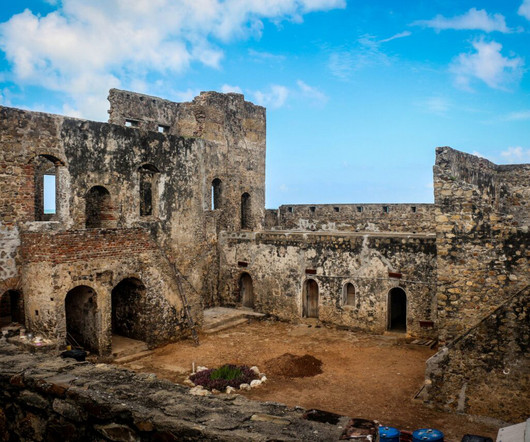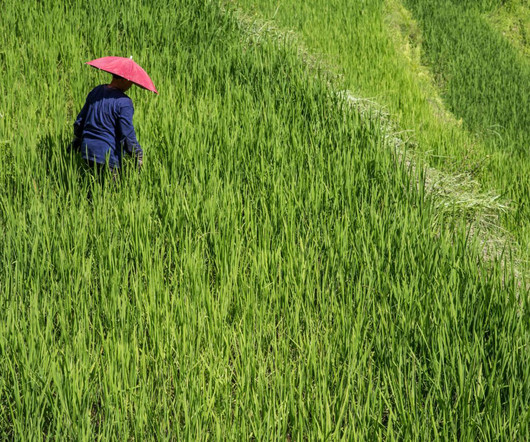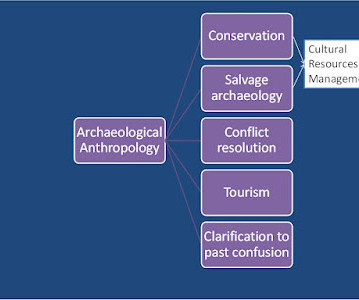How Colonialism Invented Food Insecurity in West Africa
Sapiens
NOVEMBER 12, 2024
Archaeological evidence and Oral Histories show people in what is today Ghana lived sustainably for millennia—until European colonial powers and the widespread trade of enslaved people changed everything. It’s the year 2065. West Africa’s cool seasonal rains wake Abena. She had plenty of material to work with.











Let's personalize your content